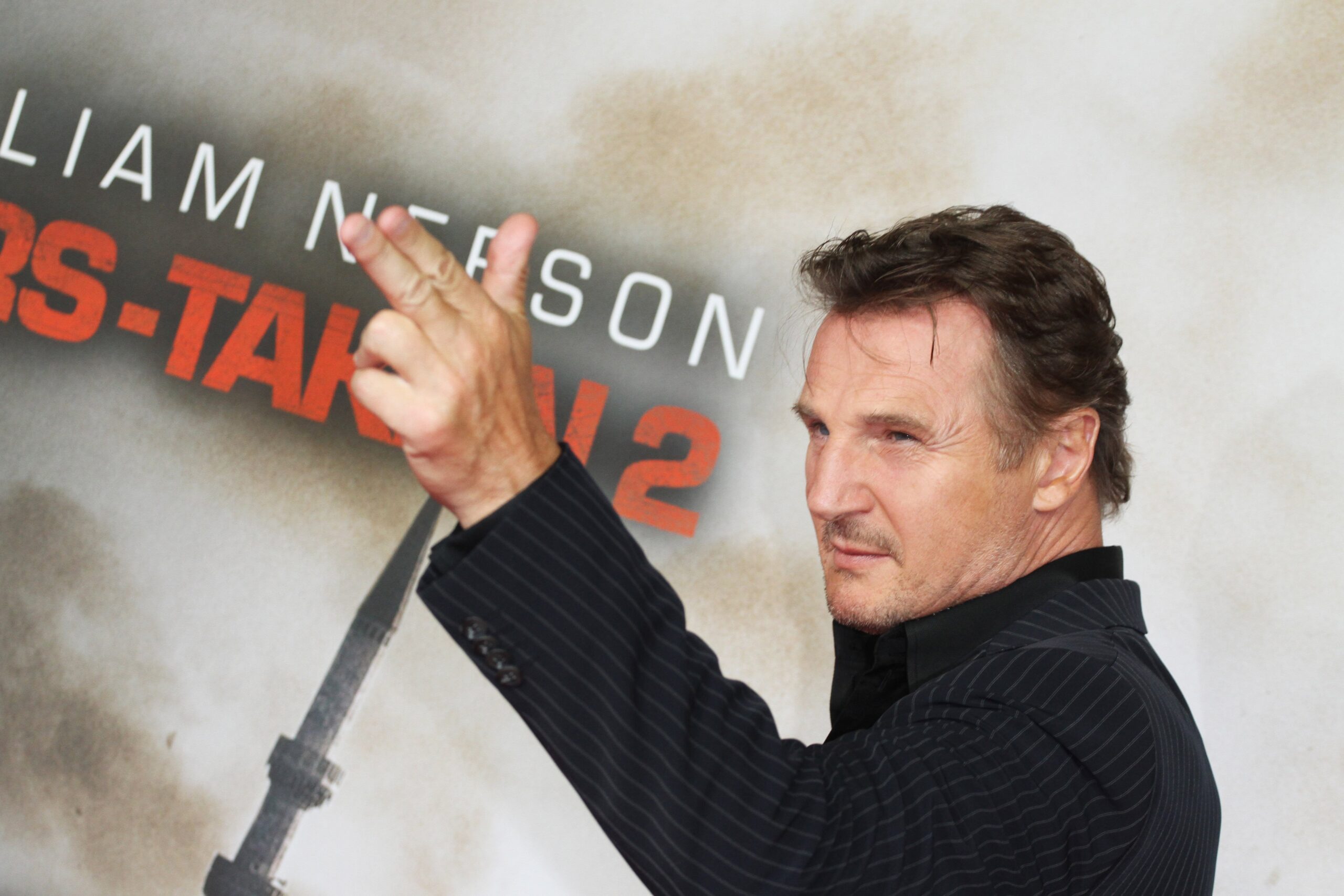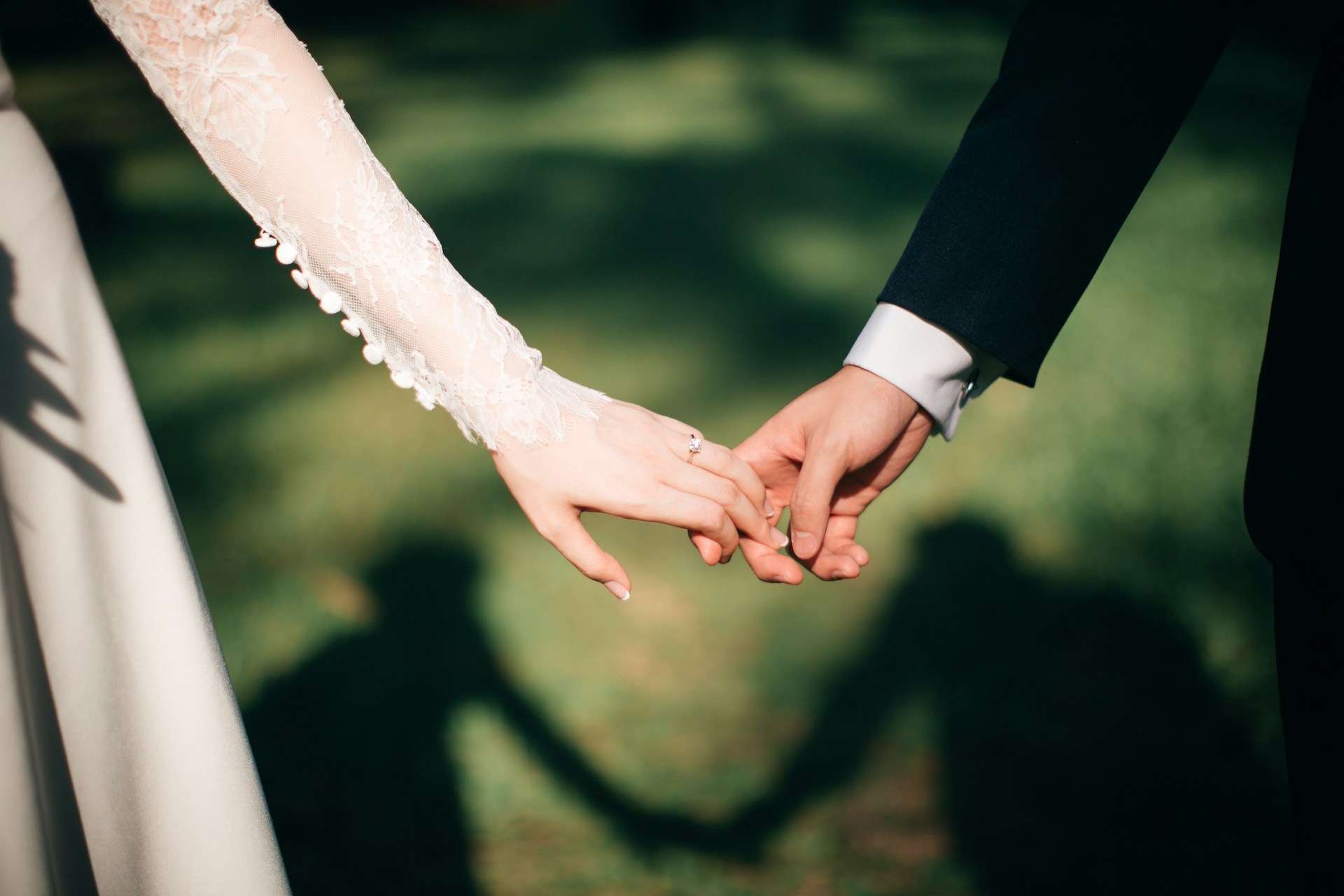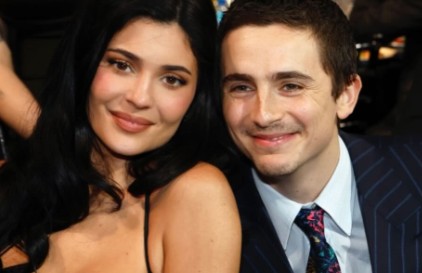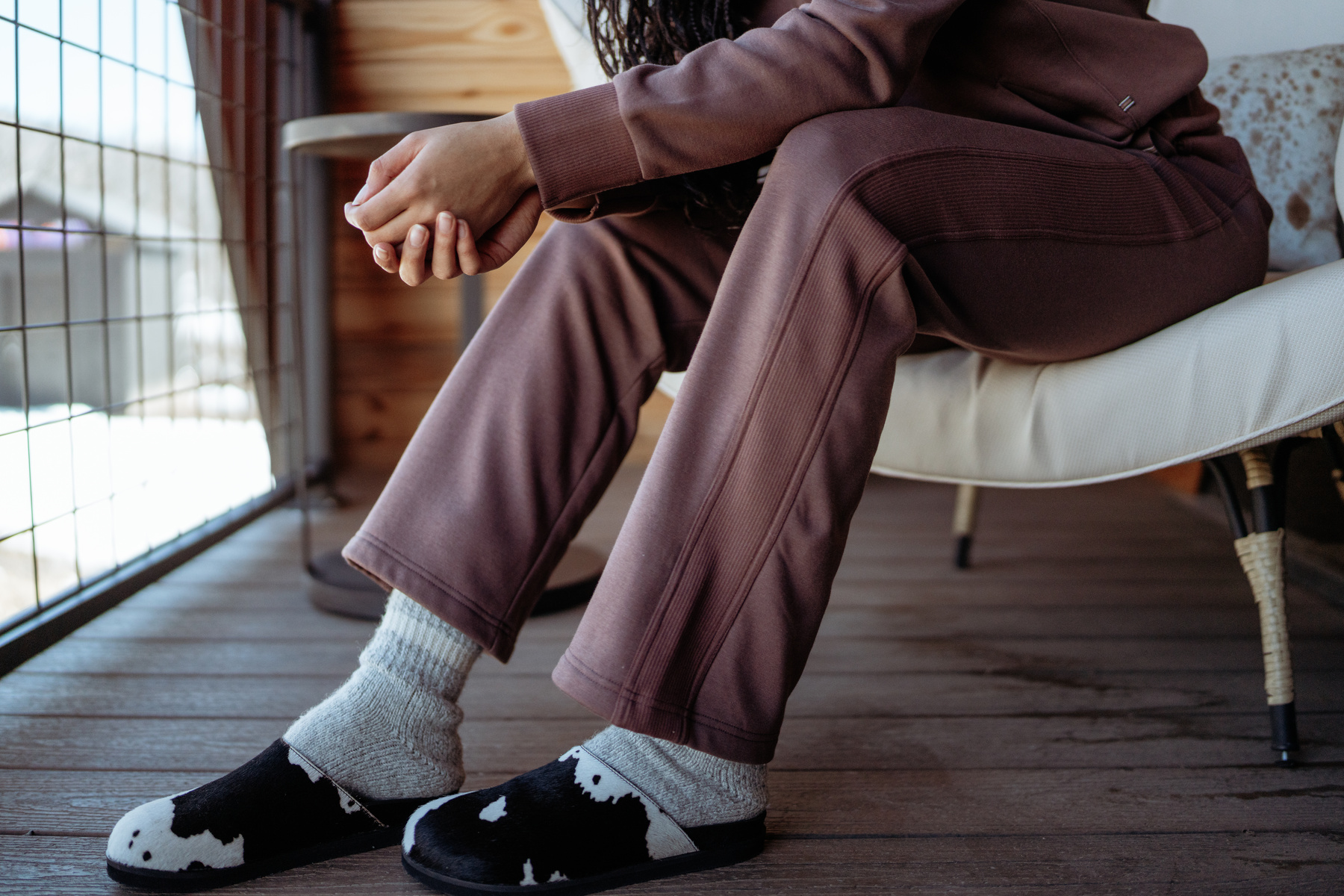CULTURE
Liam Neeson Admits to Wanting to Kill a “Black Bastard” in an Act of Revenge
04 Feb, 19

Liam Neeson
By vipflash / Shutterstock
Thoughts and prayers to Liam Neeson’s publicist who is undoubtedly dealing with the consequences of Neeson’s wildly problematic Independentinterview. The purpose of the interview was to discuss Neeson’s upcoming movie Cold Pursuit, an action thriller (obviously) about a snow plow driver who goes after the drug dealers he believes killed his son. When the interview turned to the subject of revenge, a clear theme in the movie, Neeson said, “There’s something primal – God forbid you’ve ever had a member of your family hurt under criminal conditions,” he continues. “I’ll tell you a story. This is true.”
He then went on to relate a tale from many years ago, when he learned that a woman close to him had been raped. All she knew about her attacker was that he was a black man, leading Neeson to roam the streets for weeks afterwards, carrying a “cosh” (a stick-like weapon) hoping to meet a man who fit the description, get into a fight with him and, ultimately, kill him.
“She handled the situation of the rape in the most extraordinary way.” He said, “But my immediate reaction was…I asked, did she know who it was? No. What colour were they? She said it was a black person.”
He continued, “I went up and down areas with a cosh, hoping I’d be approached by somebody – I’m ashamed to say that – and I did it for maybe a week, hoping some [Neeson gestures air quotes with his fingers] ‘black bastard’ would come out of a pub and have a go at me about something, you know? So that I could kill him.” At this juncture, we recommend picturing the faces of the journalist who was expecting a tepid movie promotion interview, and Liam Neeson’s costar, Tom Bateman, who was also present but likely recognized that nothing he could say for the remainder of the interview would have any consequence whatsoever.
Neeson went on, “It took me a week, maybe a week and a half, to go through that. She would say, ‘Where are you going?’ and I would say, ‘I’m just going out for a walk.’ You know? ‘What’s wrong?’ ‘No no, nothing’s wrong.’ It was horrible, horrible, when I think back, that I did that,” he says. “And I’ve never admitted that, and I’m saying it to a journalist. God forbid.” Echoing the primary sentiment of the world at this moment, Bateman said, “Holy shit.” But Neeson wasn’t done yet, “It’s awful. But I did learn a lesson from it, when I eventually thought, ‘What the fuck are you doing,’ you know?”
“I come from a society – I grew up in Northern Ireland in the Troubles – and, you know, I knew a couple of guys that died on hunger strike, and I had acquaintances who were very caught up in the Troubles, and I understand that need for revenge, but it just leads to more revenge, to more killing and more killing, and Northern Ireland’s proof of that. All this stuff that’s happening in the world, the violence, is proof of that, you know. But that primal need, I understand.”
What was said in the remainder of the interview feels pretty irrelevant, given that Neeson had just admitted to once wanting to kill a “black blast are.” While it’s undoubtedly productive for white people to engage with and acknowledge their own implicit biases and past racist behavior in an effort to change for the better, this was not a harmless admission of past non-PC statements. This was an admission of plans to commit a hate crime, treated as though it was a harmless anecdote.
Yes, Neeson’s intention in telling the story was clearly to acknowledge the poisonous nature of revenge, but the ease with which he shared it suggests a man who considered himself already forgiven by the public for his appalling confession. He told it as though it were relatable and understandable, using racially-charged language (“what color were they”) but not necessarily acknowledging the obvious racist implications of the story. Even when he expressed regret for his intentions, he didn’t specifically recognize the racism in his anger being aimed at any and all black men because they happened to share a skin tone with the man who assaulted his loved one. Instead, he ultimately related the story to the troubles of Ireland, a seemingly unrelated comparison. If Neeson’s problematic interview shows us anything, it’s that there is still a long way to go in terms of finding ways to have productive racial discourse. Acknowledged racism is not excused racism.
Brooke Ivey Johnson is a Brooklyn based writer, playwright, and human woman. To read more of her work visit her blog or follow her twitter @BrookeIJohnson.
POP⚡DUST | Read More…
These 10 “Buseyisms” Will Save Us All
RELEASE RADAR | Backstreet’s Back after Six Years
Ali Caldwell Shows her True Colors
- Liam Neeson went hunting for “some black bastard” to murder after … ›
- Liam Neeson: ‘I walked the streets with a cosh, hoping I’d be … ›
- Liam Neeson: I walked streets with a weapon hoping to kill after … ›
- Liam Neeson admits he wanted to kill after friend was raped – Valley … ›
- Liam Neeson’s bizarre interview reveals he prowled streets looking for ›
- Taken Speech – ‘A Very Particular Set of Skills’ Revisited ›
- Cold Pursuit (2019) – News – IMDb ›
- Liam Neeson: I walked streets with cosh hoping to kill after friend … ›
- Liam Neeson carried weapon in hope to kill a ‘black b*****d’ after … ›
- Liam Neeson interview: Rape, race and how I learnt revenge doesn’t … ›
- Liam Neeson admits he wanted to kill after friend was raped | Movies ›
- Liam Neeson reveals he walked the streets with a weapon looking … ›













